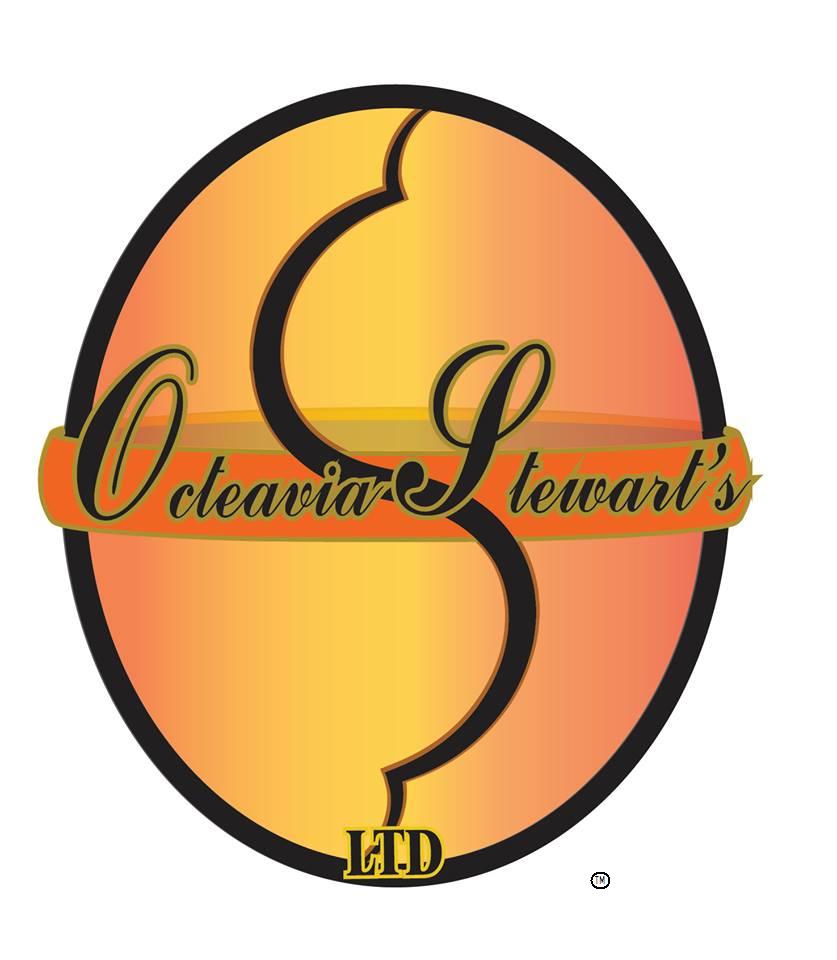Catnip: Has sedative and tranquilizing properties similar to valerian. This herb is particularly effective for insomnia related to digestive complaints, gas, infantile colic or menstrual cramps. This is relaxing effect during colds and flu.
Chamomile: Tranquil effects, with an action similar to drugs, i.e. Halcion, Valium. Reduces the effect of stress induced chemicals in the brain, while promoting healthy adrenaline hormones. Relieves pain and spasms. This herbs aids in digestion, cramping and back pain. Promotes restful sleep.
Lavender:Relaxes the entire nervous system, lifting depression and moodiness. This herb soothes and calms sleeplessness, irritability and tension headache. It also soothe digestion and relieves gas, bloating and cramping of a nervous origin.
Lemon Balm: A gentle, safe and calming herb for children for depression and anxiety. This relaxes the nervous system; eases agitation while soothing digestion.
Passionflower: Sedative herb that relieves anxiety, tension, spasm, pain and neuralgia. This herb promotes restful, refreshed sleep, induces relaxation, mild euphoria. This gentle action is suitable for nervousness in children and the elderly.
Skullcap: Helps anxiety, restlessness, crying spells, irritability and nervousness. This is a helpful day time sedative, with no mental impairments or drowsiness. The nervine action relieves frequent headaches, relaxes muscular spasms.
Valerian Root: Relaxing and sedating, reduces restlessness, nervousness, improves sleep; should be taken for 2-3 weeks to improve mood and sleep. Use of this herb will show improvements in learning skills and less aggressive behavior.
Of the herbs listed here, valerian and passion flower is considered less potent than the others, it is also indicated as a gentle nerve restorative. Optimally, herbs should be alternated to avoid building up a tolerance. Additionally, avoid stimulating herbs like cayenne, ginger and ginseng.
